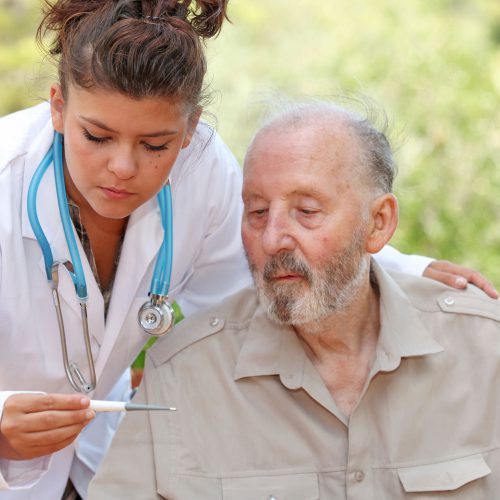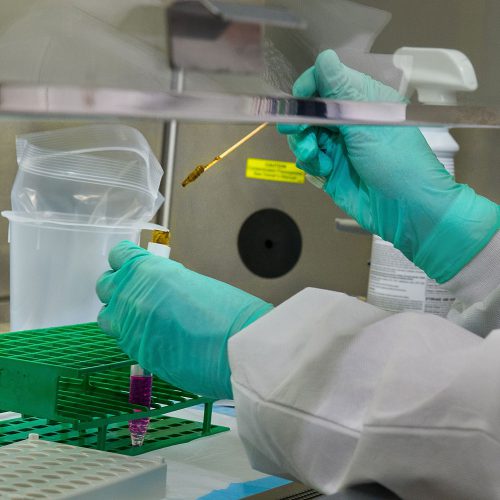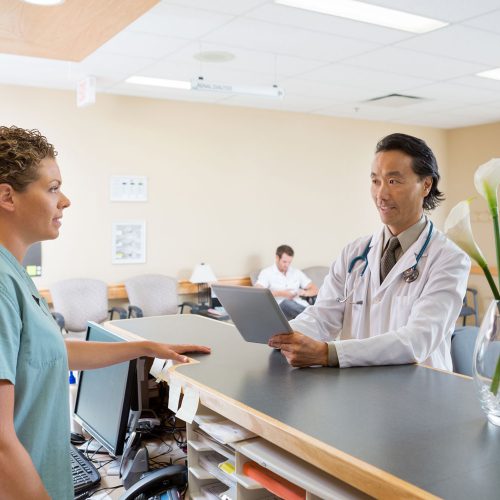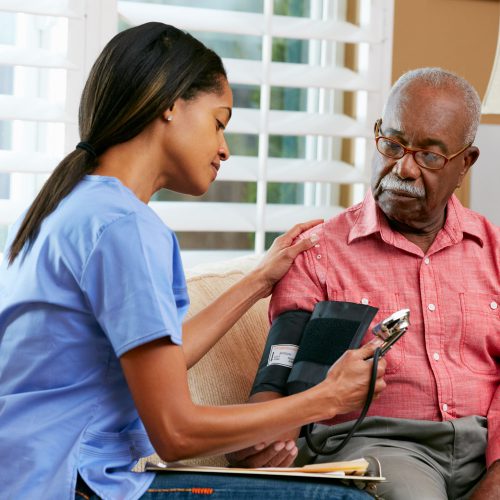
Nurse Assistant
The Nurse Assistant Training Program prepares the graduate for certification and an entry level positions in the medical field as a Certified Nurse Assistant (CNA). CNAs serve a critical role in hospices, assisted living facilities, hospitals, rehabilitation centers, and home health services.
Nurse Assistant Training Program students participate in clinical training in real medical facilities, and encounter and work with real patients, under the supervision of the instructor. A successful graduate of the training program is qualified to take the Nurse Assistant certification examination, which will qualify them for certification as a Certified Nurse Assistant – CNA.
Course Subjects
Module 1: Introduction to Nurse Assistant
The purpose of this unit is to introduce the student to California Code of Regulations, Division 5, Title 22, which regulates health care facilities, and to introduce the roles and responsibilities of the Nurse Assistant, including requirements for Nurse Assistant certification, professionalism, ethics, and confidentiality.
Module 2: Patient/Resident Rights
The purpose of this unit is to introduce the Nurse Assistant to patient/resident rights. The fundamental principle behind patient/resident rights is that each patient/resident is a member of a family and of society as a whole. They must be cared for in a manner that protects their rights and meets the individual family, psychosocial and spiritual needs in a long-term care setting. These rights are protected by federal and state regulations.
Module 3: Communication/Interpersonal Skills
The purpose of this unit is to introduce concepts and skills required for the Nurse Assistant to communicate effectively and interact appropriately with patients/residents, patient’s/residents’ families and guests, and other members of the health care team.
Module 4: Prevention and Management of Catastrophe and Unusual Occurrences
The purpose of this unit is to introduce the student to the concepts and procedures related to the patient’s/resident’s safety including environmental emergency issues The Nurse Assistant ‘s role in creating a safe environment for the patient/resident is discussed.
Module 5: Body Mechanics
The purpose of the unit is to provide students with an understanding of efficient and proper use of the body in performing tasks related to the role of the CNA. Students will understand the principles of positioning and transporting patients/residents and will implement these principles when providing patient/resident care.
Module 6: Medical and Surgical Asepsis
The purpose of this unit is to present information about asepsis and the control of infection. Procedures and precautions to protect patient/patients/residents, health care workers and others from infection are presented, including standard precautions, transmission-based precautions and biohazardous waste management.
Module 7: Weights and Measures
The purpose of this unit is to introduce a measuring system for weight, length, and volume used by nursing assistant in the clinical setting.
Module 8: Patient Care Skills
The purpose of this unit is to teach the students skills needed to support and/or assist the patient/resident in the areas of personal hygiene, an area of activities of daily living, and elimination. Personal hygiene or personal care is generally performed independently. The Nurse Assistant should assist with or perform personal care only when patients/residents are unable to perform a skill for themselves. Other activities included in this module are use of prosthetic devices, bowel and bladder retraining, and weighing and measuring height of the patient/resident.
Module 9: Patient Care Procedures
The purpose of this unit is to provide learning experiences that will prepare the Nurse Assistant to safely carry out procedures that support the patient/resident in meeting physical care needs that cannot be performed independently.
Module 10: Vital Signs
The purpose of this unit is to prepare students to know how, when and why vital signs are taken and how to report and chart these procedures. Students will learn the correct procedure for measuring temperature, pulse, respirations, and blood pressure. They will learn to recognize and report normal and abnormal findings.
Module 11: Nutrition
The purpose of this unit is to examine the body’s need for food and the effect of food on the body. This module includes the basic food groups, nutrients, and common therapeutic diets, as well as ways to assist a patient/resident to meet nutrition and hydration needs.
Module 12: Emergency Procedures
The purpose of this unit is to introduce the student to the concepts and procedures related to emergency procedures, signs and symptoms of distress, and the role of the Nurse Assistant in Long Term Care (LTC) in the response to immediate and temporary intervention in emergency situations.
Module 13: Long Term Care Patient/Resident
The purpose of this unit is to introduce the student to the basic structure of the body and to review the effect of aging on body structure and function. Common physical and psychological conditions found in elderly patients are presented along with approaches to care. Community resources commonly available to assist elderly patients with their psychological, recreational, and social needs are presented.
Module 14: Rehabilitative Nursing
The purpose of this unit is to introduce the Nurse Assistant to restorative care. Each individual is entitled to reach his/her optimal level of functioning. The Nurse Assistant assists the patient/resident in achieving maximum independent living skills through use of rehabilitative or restorative procedures.
Module 15: Observation and Charting
The purpose of this unit is to prepare students to know how, when, and why to use objective and subjective observation skills. They will report and record observations on appropriate documents using medical terms and abbreviations.
Module 16: Death and Dying
The Nurse Assistant is introduced to the various stages of the grieving process and physical signs of approaching death. This unit introduces death as a normal stage of life. The health care provider must recognize the physical, psychological, and spiritual needs of the patient/resident during this period to understand coping mechanisms and provide support to the patient/resident and family members.
Module 17: Patient/Resident Abuse
The purpose of this unit is to introduce the Nurse Assistant to patient/resident abuse. The module will focus on the nurse assistant role in preventing, recognizing, and reporting instances of patient/resident abuse.


